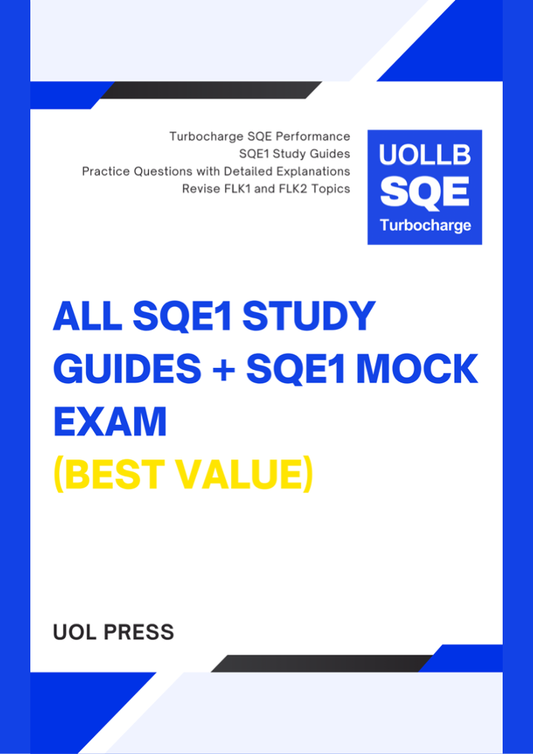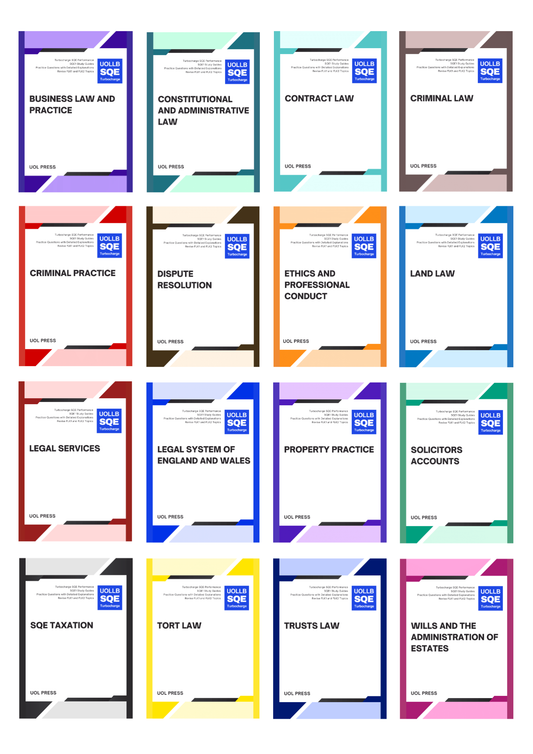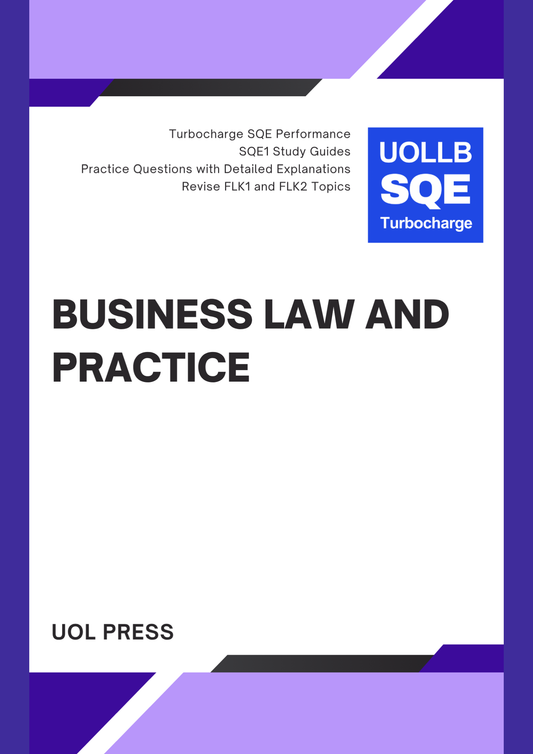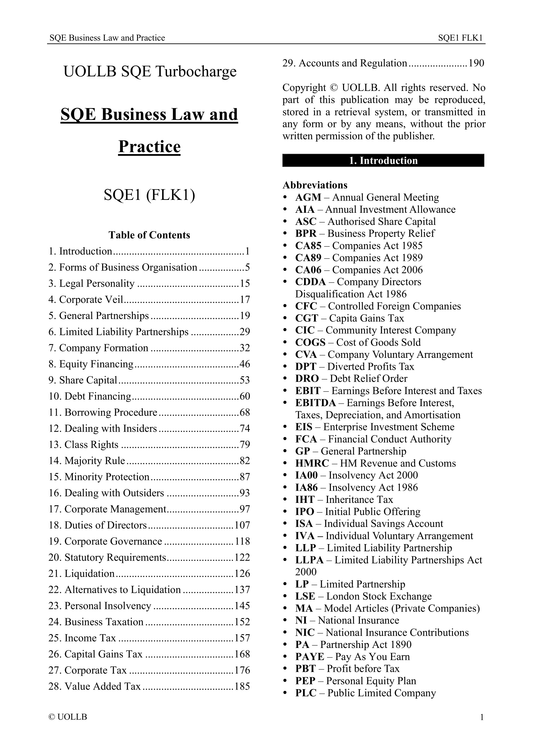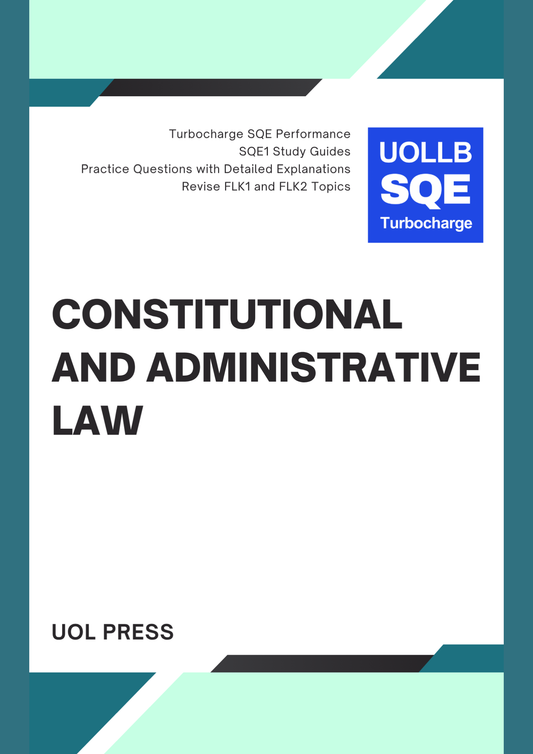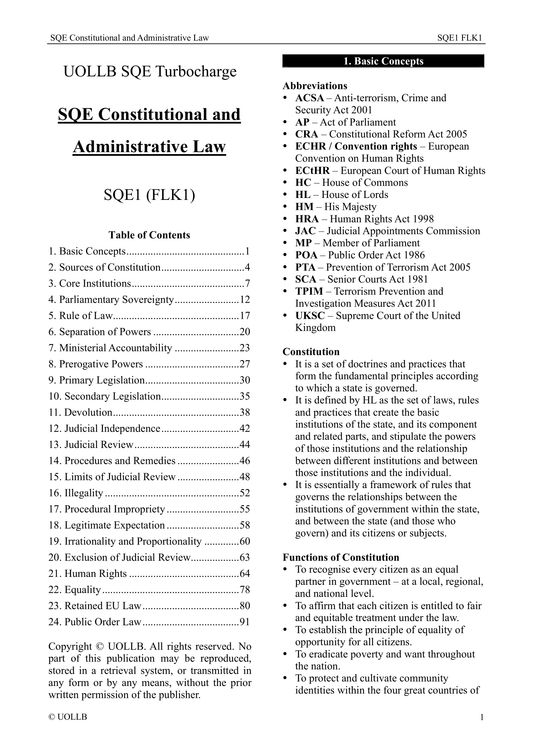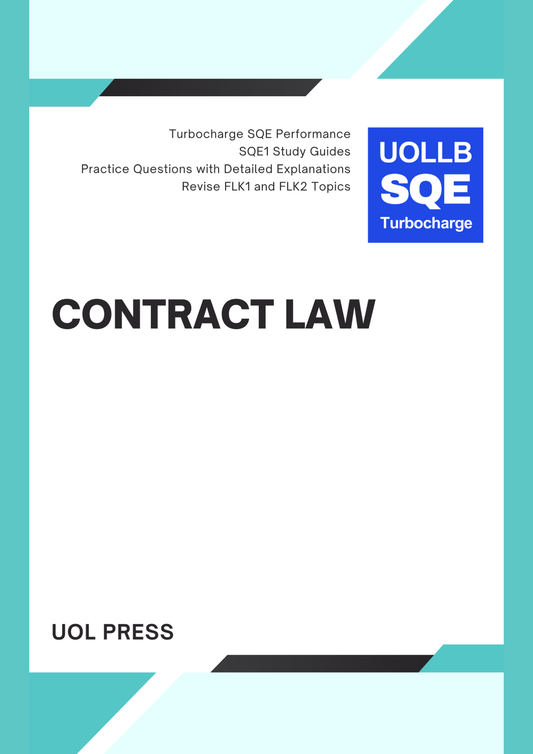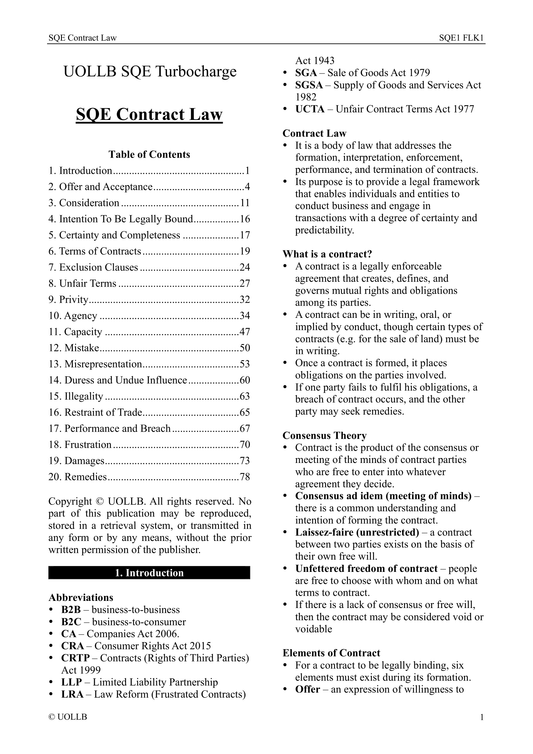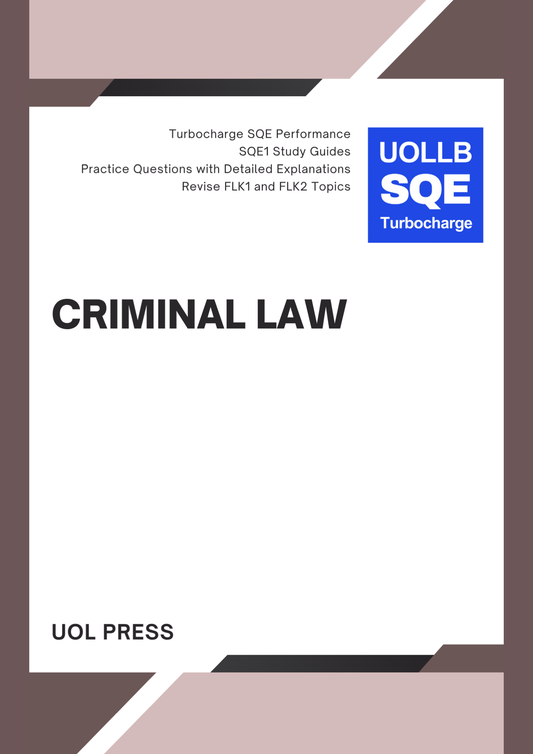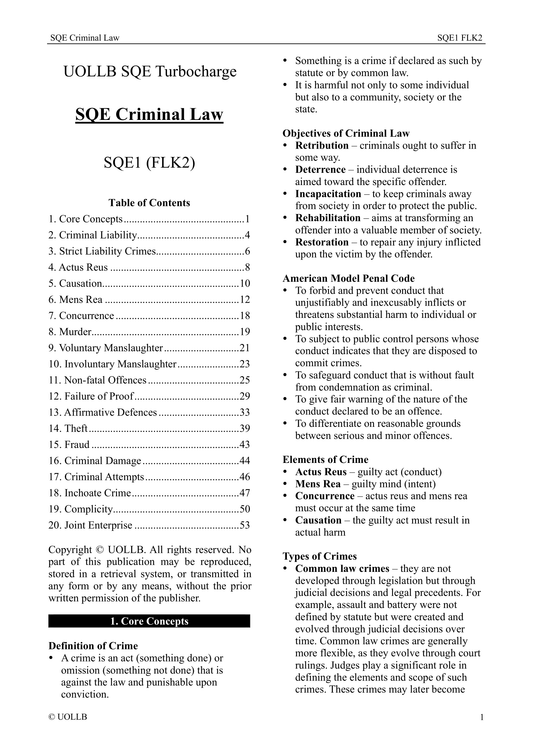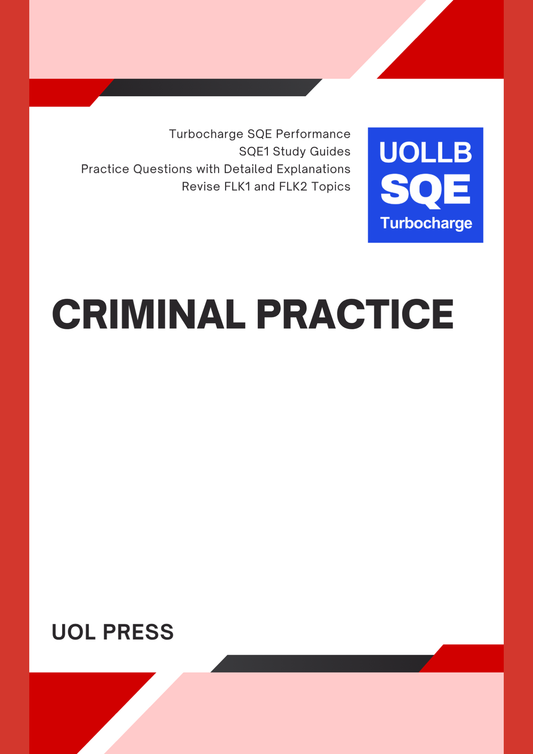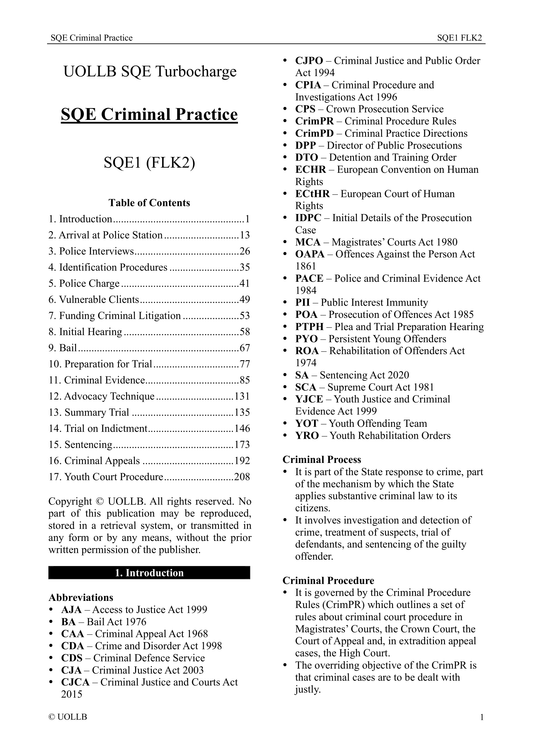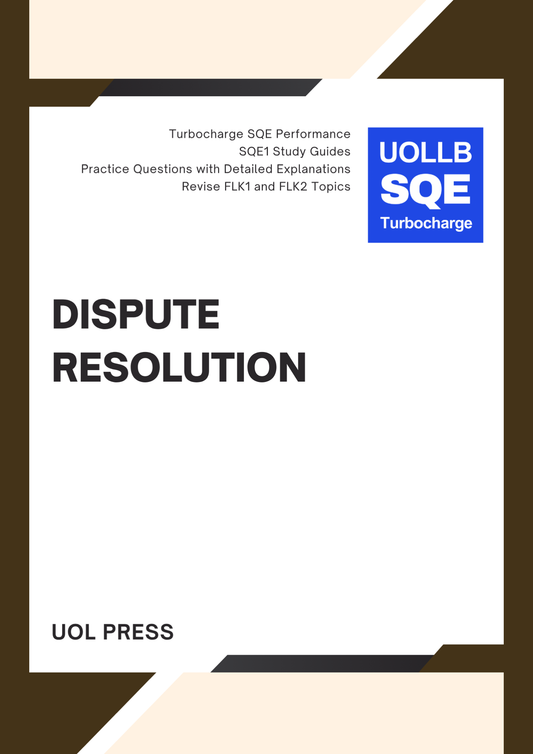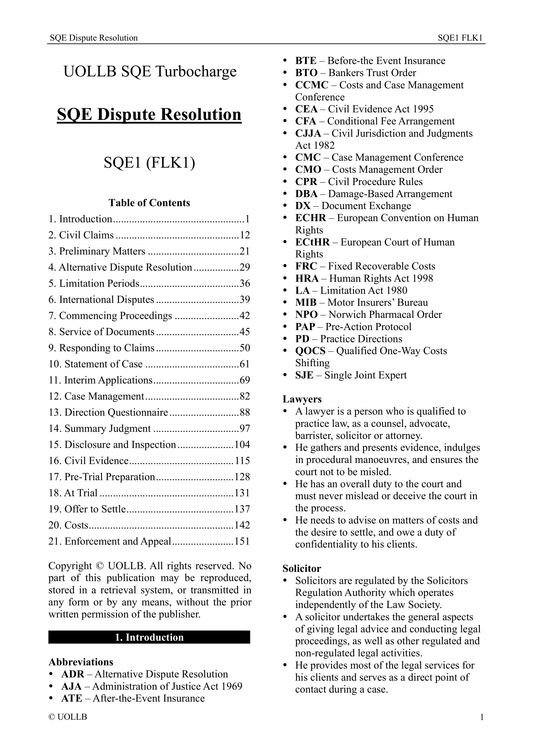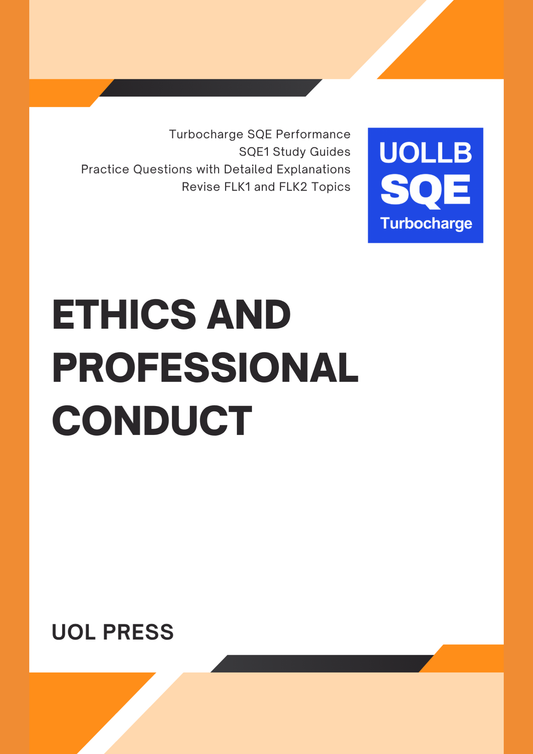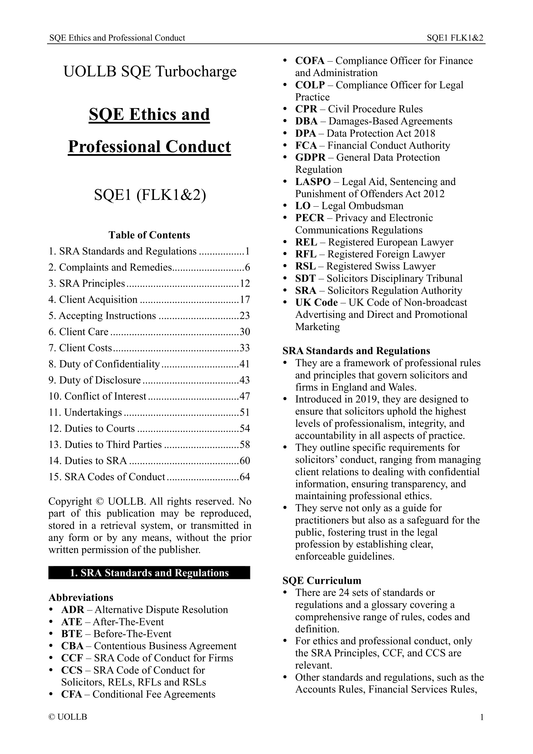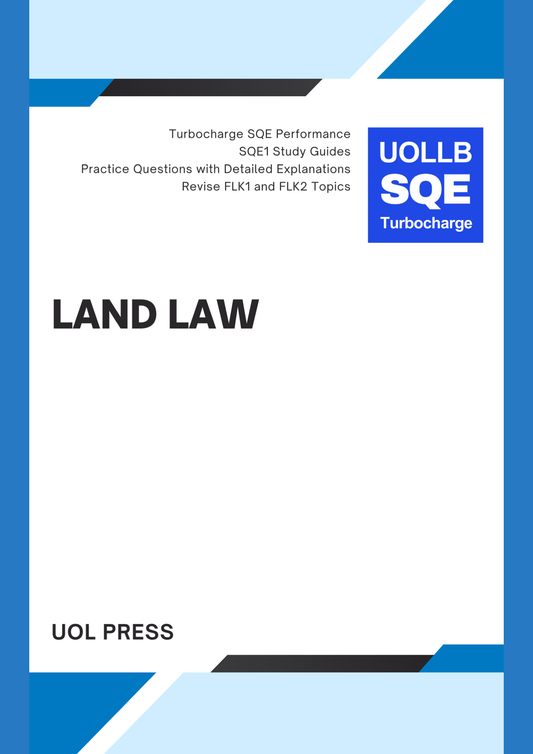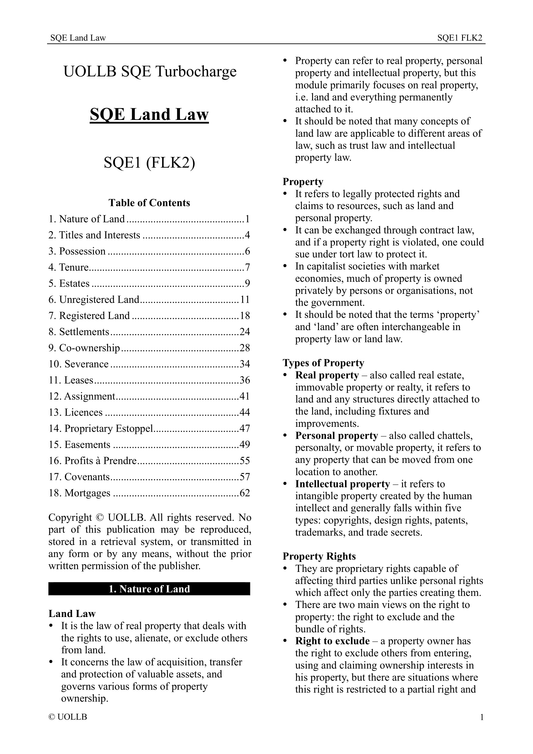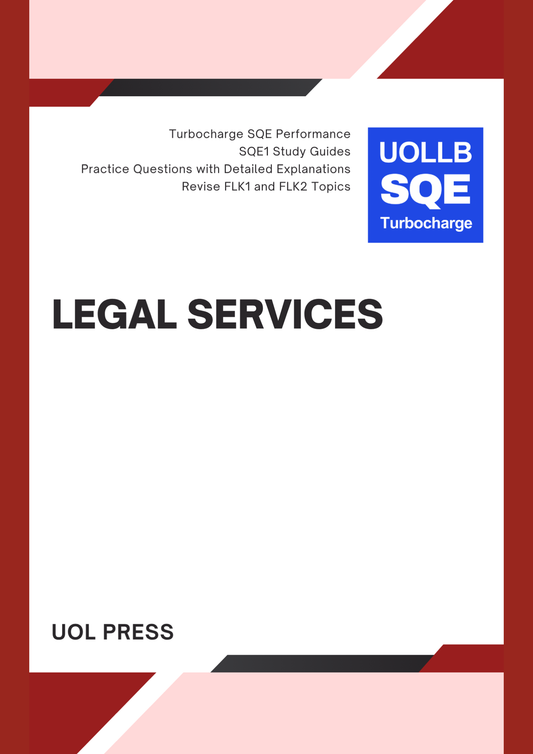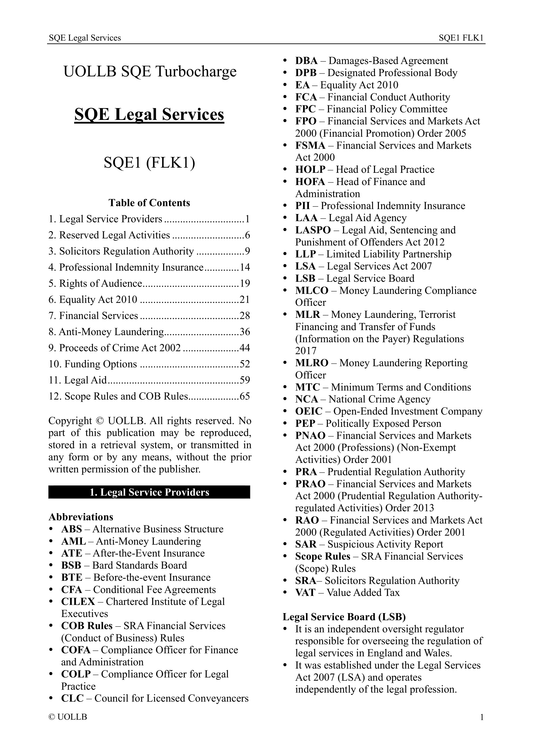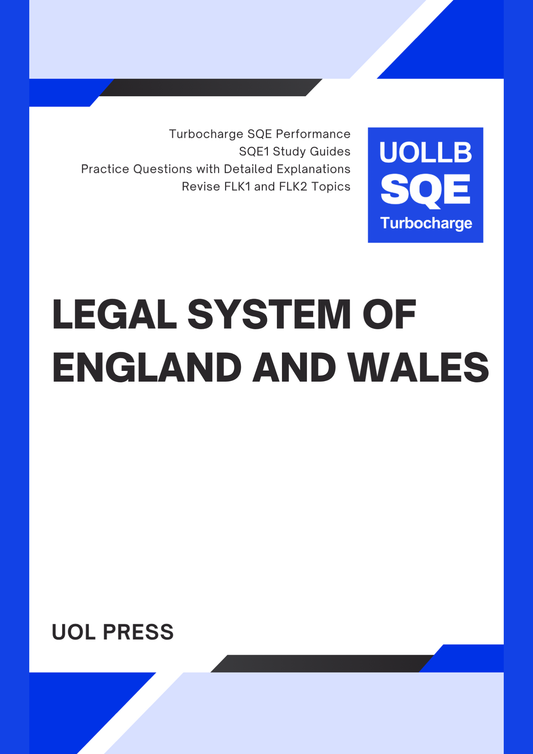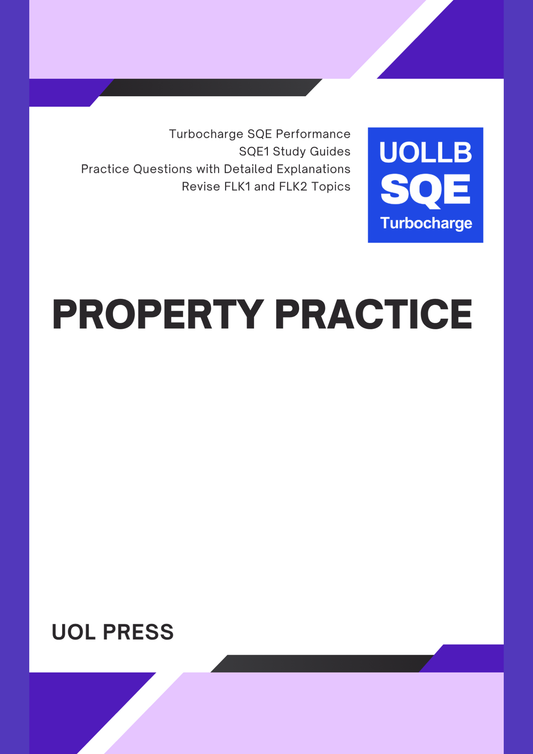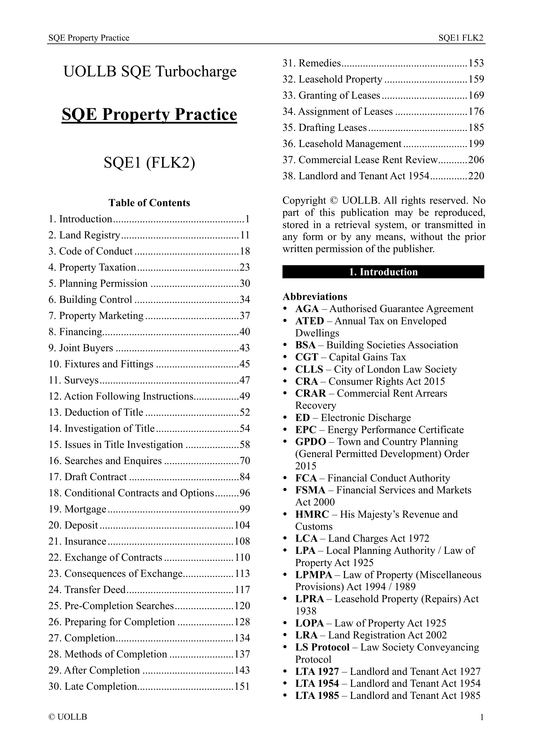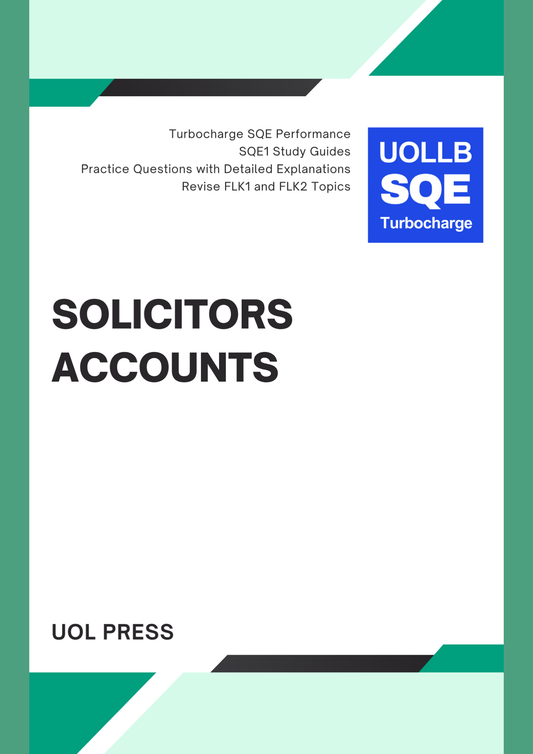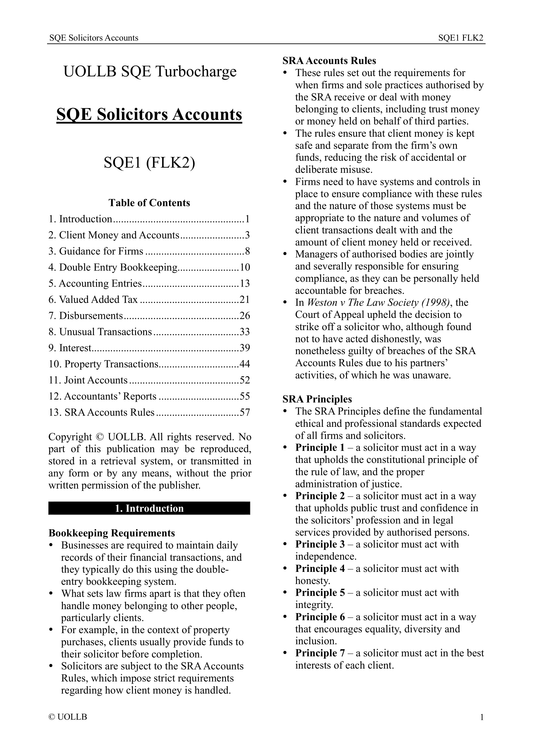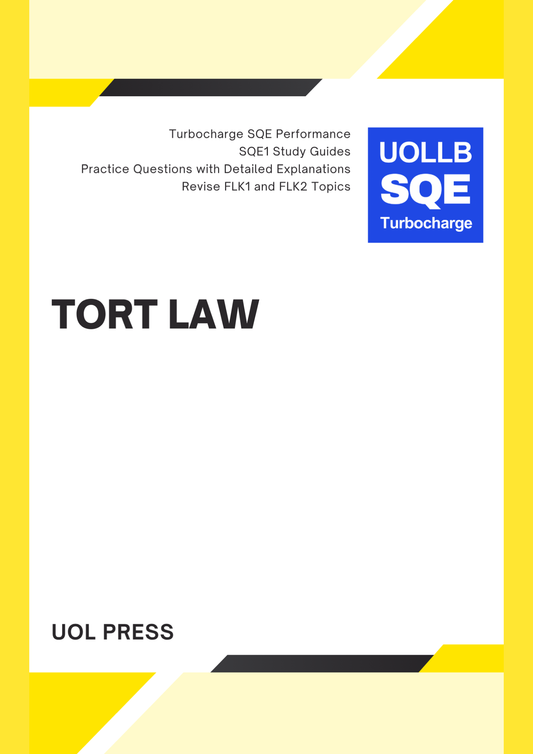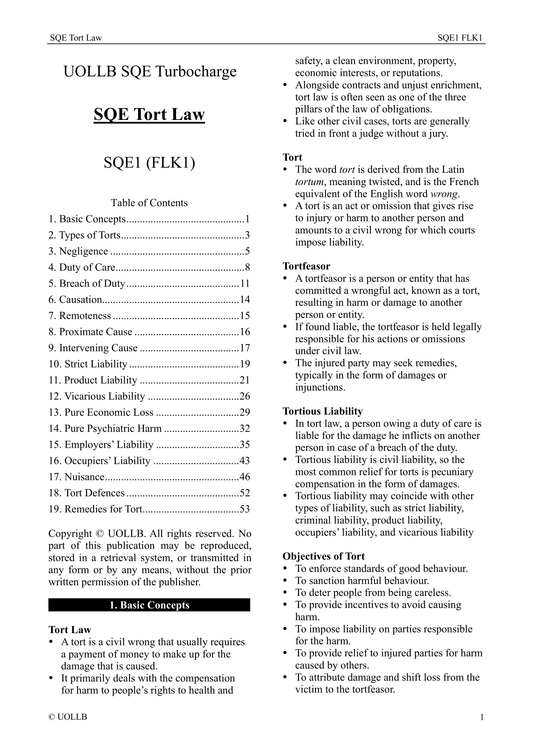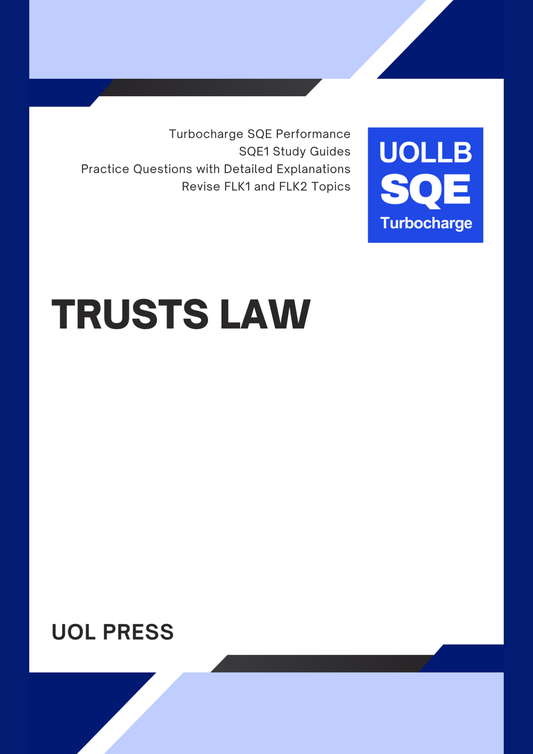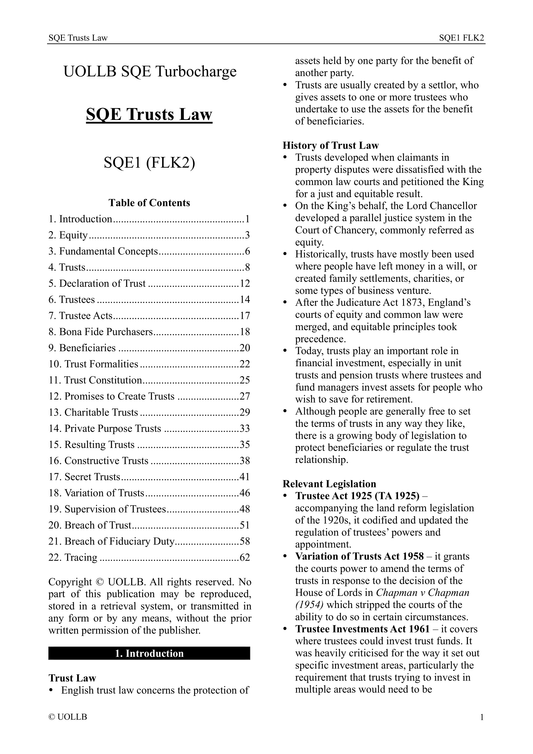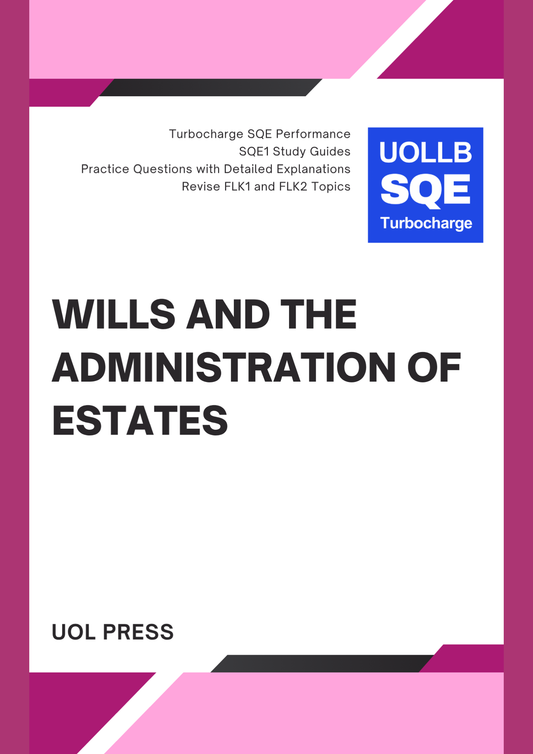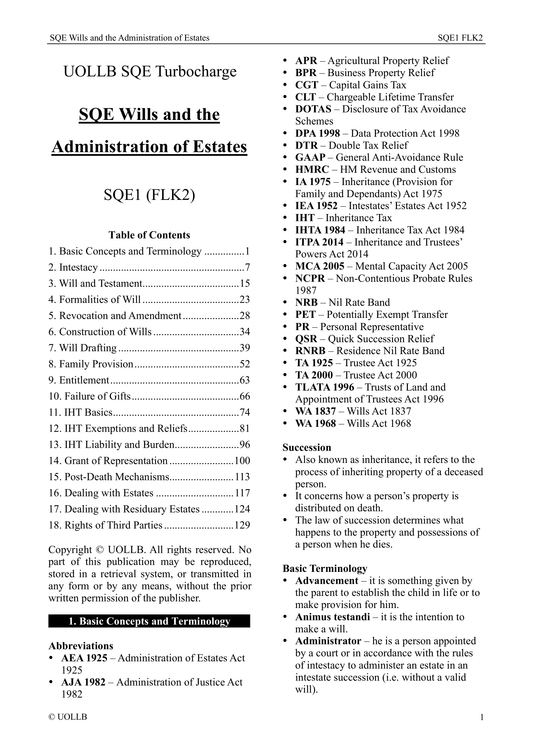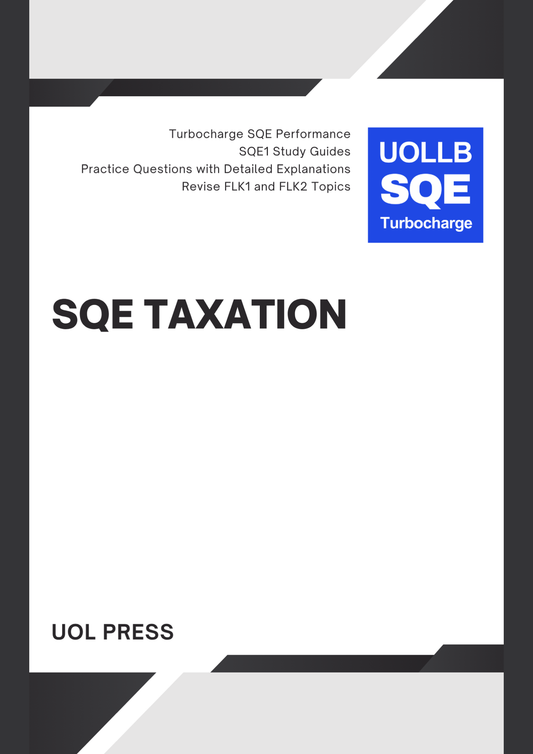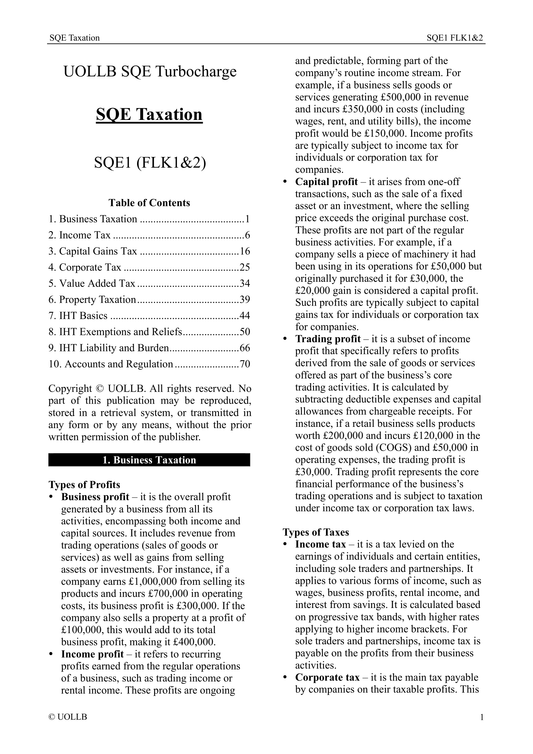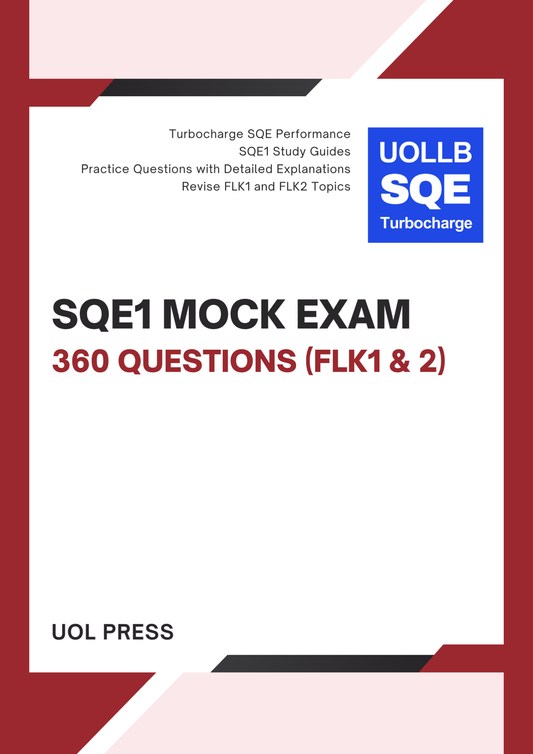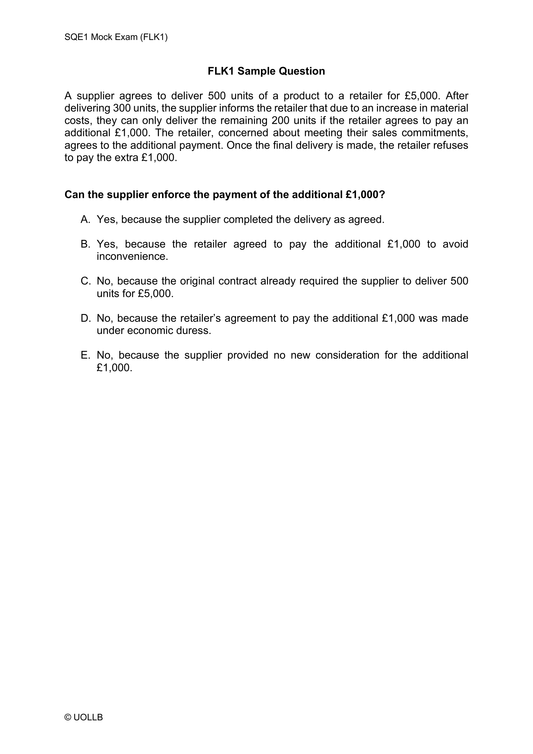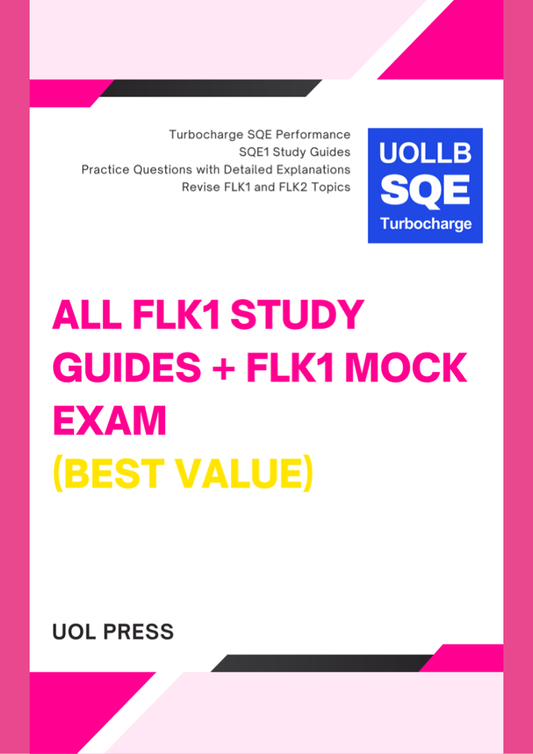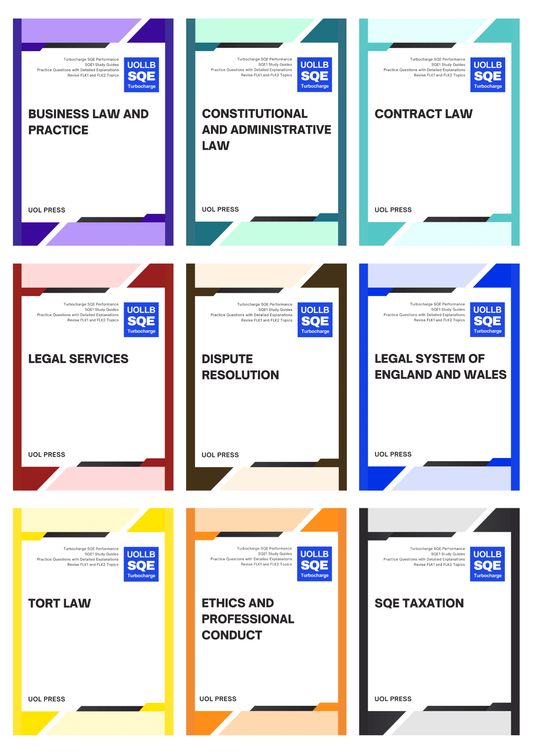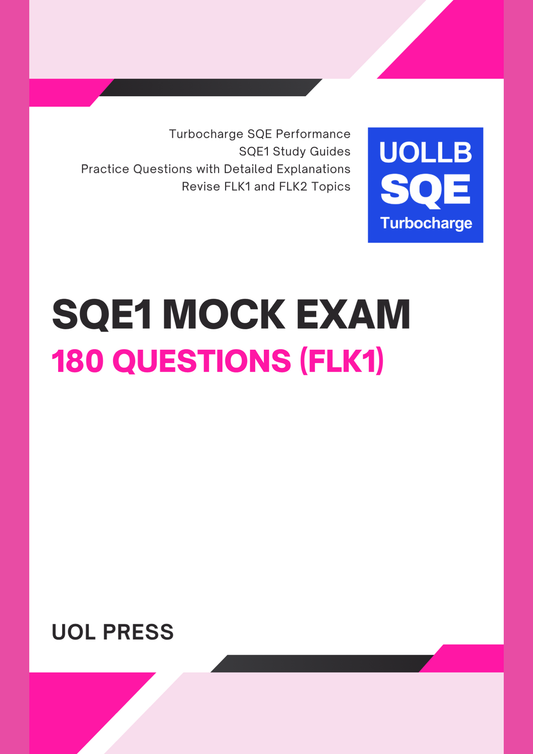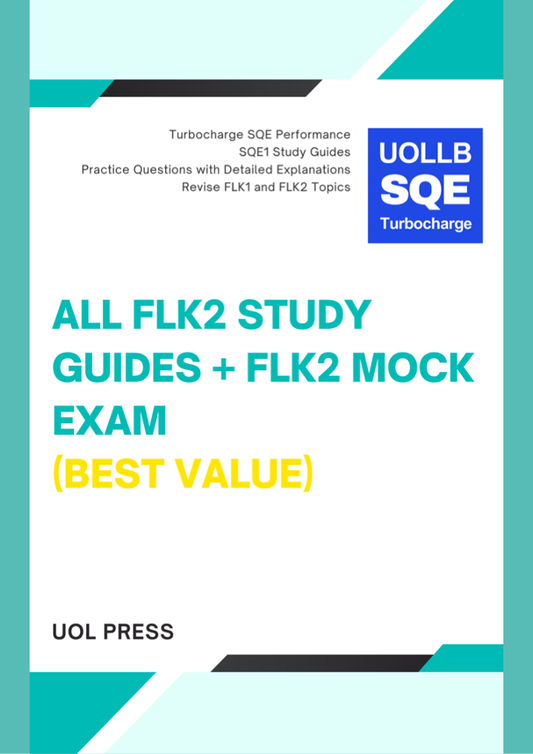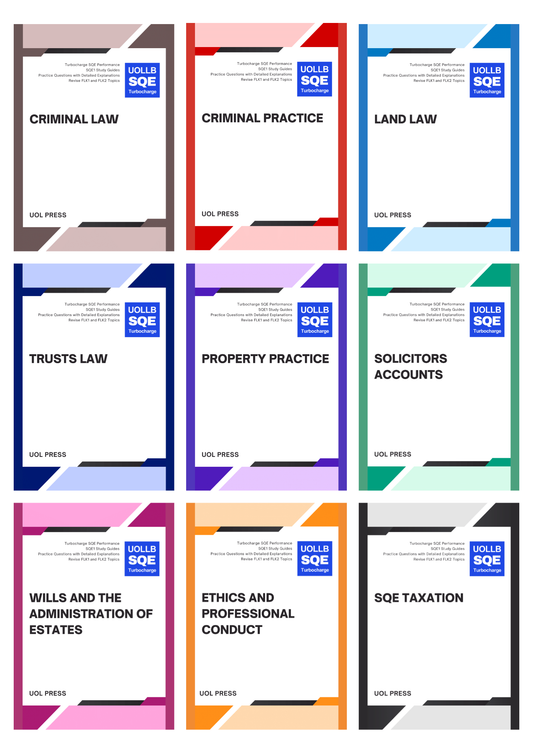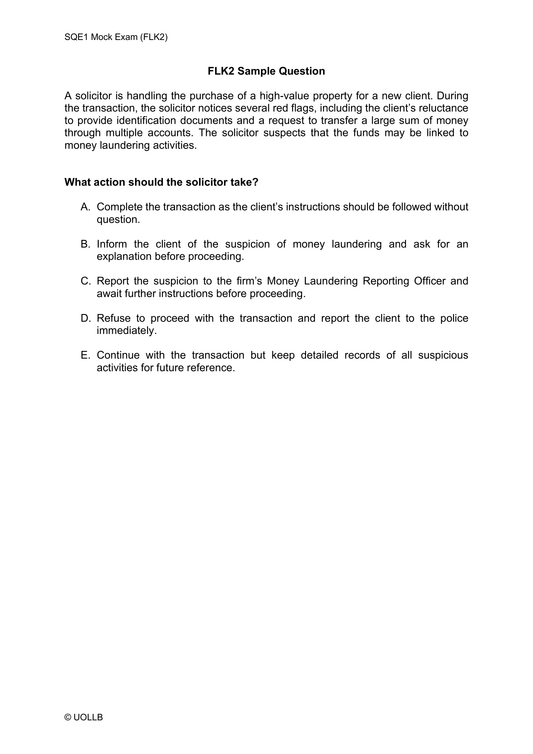How Difficult Is the SQE?
Share
The Solicitors Qualifying Examination (SQE) is no ordinary exam. It is the gateway to becoming a solicitor in England and Wales, and its difficulty has taken many by surprise. Despite the freedom it offers through self-study options, the SQE is a rigorous and costly exam with significant demands on your knowledge and skills. Recent statistics reveal the gravity of this assessment: the pass rate hovers around 50%, with the latest results showing only a 41% pass rate. This means that half of those who attempt the SQE fail, highlighting the need for a strategic and thorough preparation approach.
Why Is SQE So Challenging?
The SQE is a two-part examination: SQE1, which assesses functioning legal knowledge, and SQE2, which evaluates practical legal skills. Each stage requires a deep understanding of legal principles and procedures, and the questions are designed to test your abilities to apply knowledge in complex, realistic scenarios. This is not a simple recall test; you must be able to reason and analyse under pressure, similar to real-life legal practice.
In SQE1, you need to complete 360 multiple-choice questions split across two days, covering areas such as criminal law, property law, contract law, and dispute resolution. These questions are structured in a way that often presents several seemingly plausible answers, requiring correct application of legal knowledge to choose the single best answer. In SQE2, the challenge shifts to practical assessments, including client interviews, legal research, and case and matter analysis. This portion requires not only theoretical understanding but also the ability to communicate effectively and demonstrate hands-on legal skills.
Limited Attempts
One of the most intimidating aspects of the SQE is the restriction on attempts: you are allowed only three tries within a six-year period. Each failure represents a significant setback, both financially and emotionally, as it limits your path to becoming a solicitor. The pressure to succeed mounts with each attempt, as failing all three attempts within this timeframe disqualifies candidates from qualifying as a solicitor via the SQE route. This high-stakes environment amplifies the challenge, as you cannot afford to make mistakes.
Financial Burden
The SQE is also a substantial financial commitment. The exam fees alone are steep, with SQE1 and SQE2 collectively costing thousands of pounds. However, these fees are only part of the total expense. Preparation courses, textbooks, and study materials add to the cost, making SQE preparation a financial strain for many candidates. While some firms may offer financial assistance to trainees, a large number of candidates, especially those from overseas, are self-funded, and the cumulative costs make every attempt a significant investment.
Why Even Lawyers Struggle to Pass?
A notable trend among SQE candidates is that even experienced legal professionals, including LLB and LLM graduates, foreign-qualified lawyers, and legal executives, find the exam particularly challenging. The SQE is designed to assess competence in the English legal system and places heavy emphasis on English law and procedural intricacies that may differ substantially from what foreign-trained lawyers have learned. Even law graduates from England and Wales may not have covered the SQE's specific areas in the breadth and depth required. This has led to widespread frustration, with many candidates expressing their difficulties and disappointments on social media.
Study Materials and Support
Given these challenges, effective and structured study materials are crucial for SQE success. A carefully designed study guide can provide focused content that simplifies complex topics, allowing you to approach the exam with clarity and confidence. Comprehensive study materials, such as UOLLB SQE Turbocharge, are built to align directly with the SQE1 Assessment Specification and provide practical insights for SQE2. UOLLB offers streamlined content and practical examples, making preparation less daunting and more manageable for self-funded candidates or those without access to expensive training courses.
Our study guides aim to bridge the knowledge gap, allowing you to save both time and money by focusing on key areas tested in the SQE. With resources tailored to address the specific demands of each SQE part, you can better retain information, apply it in practice, and approach the exam with the confidence needed to succeed.
Undeniably, the SQE is challenging, but strategic preparation can make a huge difference. Understanding the areas of focus, approaching each topic with a structured study plan, and using reliable study materials are essential for success in the actual exam. For those committed to the solicitor path, investing time and effort into effective preparation can turn the odds in their favour, ultimately leading to success in one of the most demanding exams in the legal field.
